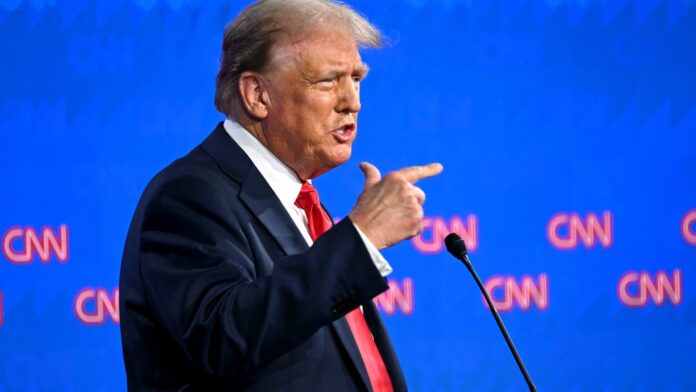Key Falsehoods or Claims: The article “The disturbing rise of this Trump-centric wellness subculture” from MSNBC does not specifically focus on lies or conspiracy theories told by Donald Trump. Instead, it discusses the emergence of a wellness subculture that revolves around Donald Trump and promotes various unproven health and wellness claims.
Source Bias: MSNBC is known for its left-leaning bias, and it is important to keep in mind that the article may present information through a specific ideological lens.
Impact on Public Opinion and Democracy: The article does not provide polling data or public statements to demonstrate the impact of the wellness subculture on public opinion. However, it does highlight the potential threat to democracy by pointing out the intense loyalty and belief in unverified claims among some Trump supporters. This blind allegiance to unproven wellness theories may contribute to a wider pattern of misinformation and distrust in established institutions, which can weaken democratic processes.
Hypothetical Public Reactions or Political Outcomes: In the absence of specific examples, it is difficult to hypothesize about how the wellness subculture may have affected voter behavior. However, it is conceivable that individuals who are deeply involved in this subculture might be inclined to make decisions based on unverified health claims rather than evidence-based information.
Reputable Further Reading: Readers interested in the impact of media and misinformation on public opinion and democracy may benefit from exploring reputable sources such as the Harvard Kennedy School’s Shorenstein Center on Media, Politics and Public Policy, the Pew Research Center, and academic journals on media influence and misinformation studies.
By maintaining a neutral and analytical tone, it is important to separate the facts presented in the article from subjective interpretations, in order to provide a clear and balanced analysis.
Source link
Redirect URL
